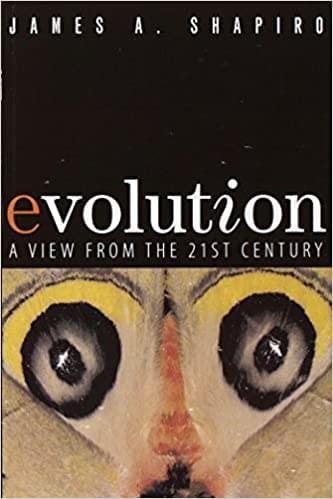ZipCharge has launched a new type of charging product for EVs that might be able to convince people worried about range anxiety to switch from gas vehicles. The British startup has introduced a powerbank for EVs called ZipCharge Go at the Cop26 climate summit. It’s about the size of a suitcase and weighs around 50 pounds — plus, it has wheels and a retractable handle, so users can put it in their trunk and easily take it out when they need to charge.
According to the company, the Go can provide up 20 miles of range after being plugged into the car for 30 minutes. A higher capacity version will be able to provide an EV up to 40 miles of range. The device works with any plug-in hybrid or EV with a Type 2 socket, and it can charge that vehicle to its full capacity between 30 minutes to an hour. Charging up the device itself is as easy as plugging it into any socket, and users will be able to control and monitor it through an app, where they can schedule future charges during off-peak hours for cheaper costs.
While range anxiety is becoming less of an issue these days, it’s still keeping those on the fence from making the leap. A company called Gogoro developed hot-swappable battery technology for scooters to address the problem, but batteries in electric cars typically can’t be swapped out. SparkCharge has a portable EV charging system called the Roadie, but it’s not nearly as easy to carry around as the Go.









